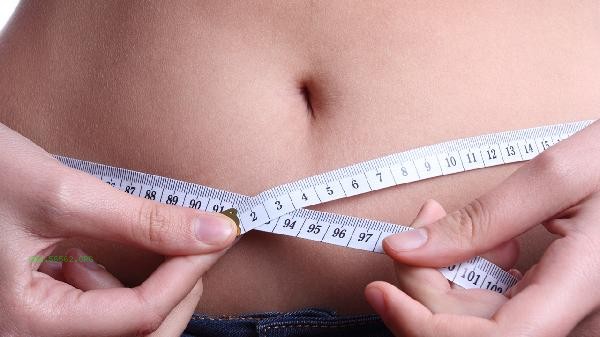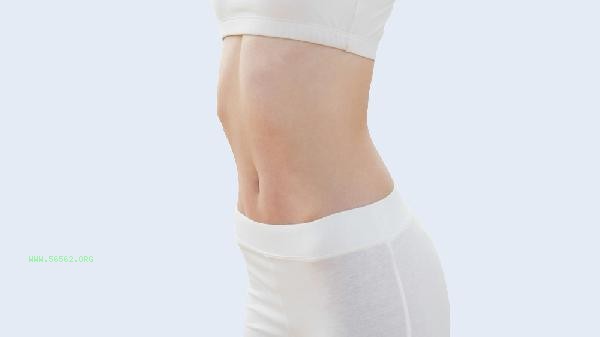During the menstrual period of weight loss, weight gain can be avoided by adjusting dietary structure, controlling calorie intake, supplementing key nutrients, choosing low GI foods, and avoiding high salt and high sugar foods. The key is to balance hormone fluctuations with energy requirements, rather than simply dieting.

1. Adjusting dietary structure:
The basal metabolic rate during menstruation will increase by 5% -10%, and the ratio of protein and complex carbohydrates needs to be increased. It is recommended to include 1 palm of high-quality protein such as fish and tofu, 1 fist of whole grains such as oats and brown rice, and 2 fists of non starch vegetables in each meal. This combination can stabilize blood sugar and reduce fat accumulation caused by cortisol secretion.
2. Control calorie intake:
During menstruation, you can consume 100-200 more calories per day than usual, but you need to control the total calorie intake through food volume. Choose high fiber foods such as chia seeds and broccoli to increase satiety, and use steaming instead of frying. A bowl of coarse grain Congee with boiled eggs has only half as many calories as a cake, but has higher nutritional density.
3. Supplementing key nutrients:

focuses on supplementing iron, magnesium, and vitamin B family. Eating pumpkin seeds twice a week and once a day in animal liver can improve compensatory overeating caused by iron deficiency. Dark chocolate contains over 70% cocoa and magnesium, which can alleviate anxious eating. The vitamin B6 in bananas helps regulate estrogen levels.
4. Choose low GI foods:
Insulin sensitivity decreases during the luteal phase, and refined sugars should be avoided. Replace white rice with sweet potatoes, ice cream with Greek yogurt, and low sugar fruits such as blueberries with pastries. These foods have a GL value below 20, which can stabilize blood sugar fluctuations and reduce the activity of fat synthesis enzymes.
5. Avoid high salt and high sugar:
Premenstrual hormone changes tend to lead to water and sodium retention, and daily salt intake is controlled within 5g. Be wary of hidden salt soy sauce, pickled products, and fake health foods such as brown sugar water. Replace sweet drinks with lemonade and sugar free soybean milk, and replace heavy flavoring with natural spices such as vanilla and garlic powder.

Menstrual weight loss should follow the principle of "three musts and three don'ts": eat 5-6 small meals a day, drink 2000ml of warm water a day, and get 7-9 hours of sufficient sleep; Do not engage in extreme dieting, high-intensity exercise, or weight anxiety. You can engage in low-intensity activities such as yoga and walking, and resume regular exercise from the third day after menstruation. Recording menstrual diet logs can help identify true physiological hunger and emotional eating, and establish sustainable weight loss eating habits. If there is a serious tendency towards binge eating or menstrual disorders, it is recommended to consult a nutritionist for personalized program adjustments.




Comments (0)
Leave a Comment
No comments yet
Be the first to share your thoughts!